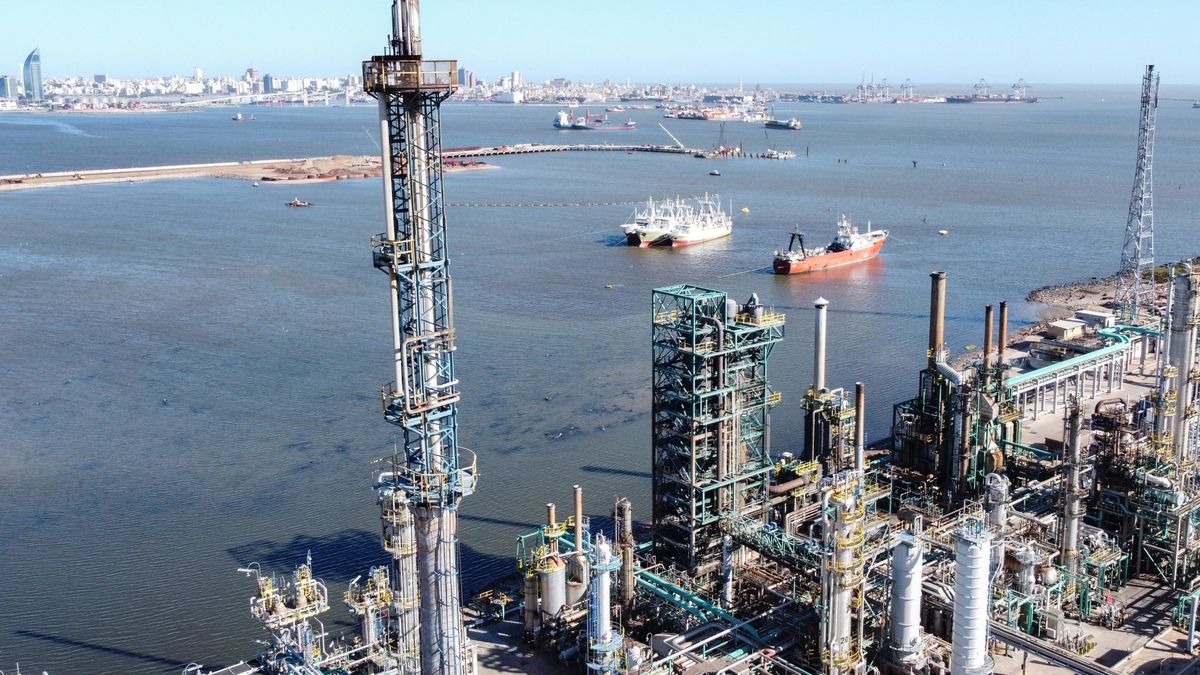Through a system that has Water Treatment Units and two reverse osmosis plants, the oil company processes the water to remove excess salinity and use it in the refinery.
The National Administration of Fuel, Alcohol and Portland (Ancap) carries out a whole new water processing system to eliminate excess chlorides and sodium contained in the liquid distributed by SBI in the context of the water crisis affecting Uruguay; and processes up to 180,000 liters per hour to avoid damaging the pipelines of the refinery the tile.
The content you want to access is exclusive to subscribers.
That the water is salty is no longer a mystery to anyone in the country, much less to homes and businesses in the metropolitan area. But for Ancap it is particularly a headache. This is so because the state oil company must process million liters per day to prevent excess salinity —necessary to extend the scarce drinking water reserves— from increasing the risk of corrosion in the pipes of the refinery boiler.


Faced with this situation, the company installed Water Treatment Units (UPA) of OSE and two reverse osmosis plants which reduce the salt in the water. Through this specialized machinery, they process 180,000 liters of water per hour to be used in La Teja, without causing problems during the fuel refining process.
In this new system, they also introduce fresh water that is brought from the Uruguay river in bargesin order to neutralize as much as possible the excess of sodium and chlorides without further contributing to the decline in reserves.
The budget complications of La Teja
Ancap is also facing other problems related to the country’s main refinery: the technical shutdown scheduled for September.
The pause in production is a concern for the oil company from two aspects: on the one hand, due to the significant reduction in income that Ancap will have —which, in turn, will greatly reduce its financial back and its ability to subsidize fuel prices in the country
On the other hand, it is also concerned about the increase in expenses what will the state company have to face the work itself and for the imports necessary to satisfy domestic demand; expenses to which are now added the necessary investments of the new water processing system, in order to avoid the potential risks of continuing to function with the increase in salinity in the water.
Source: Ambito




